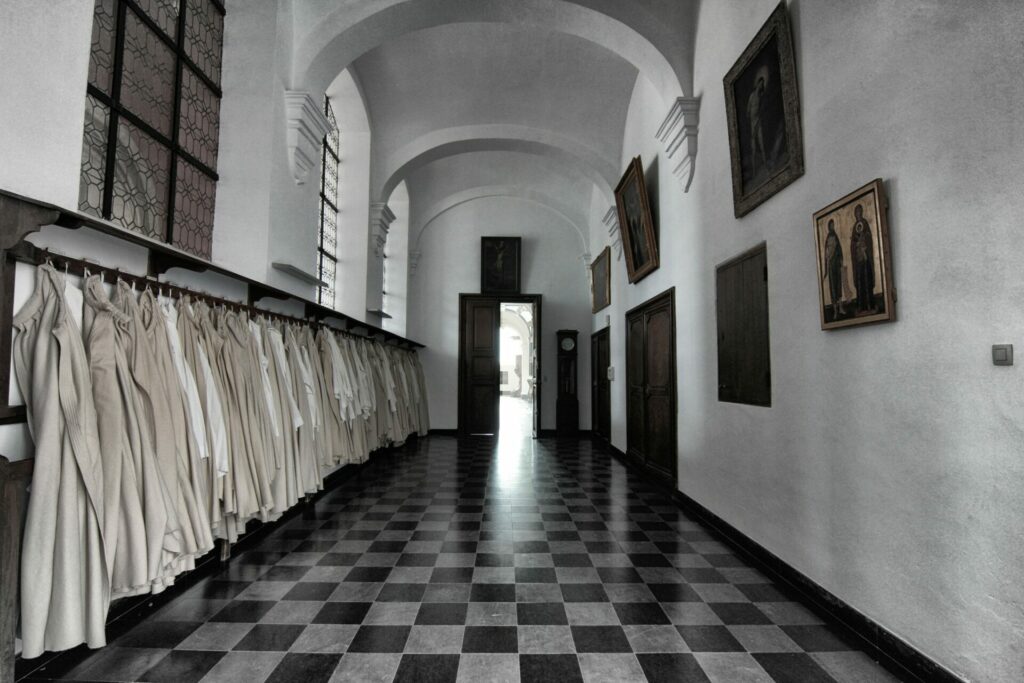The Averbode Abbey farm – where one of Belgium's famous, centuries-old abbey beers is brewed – has another problem to add to its ever-growing list.
The Abbey’s farm was discovered to have a slaughter floor, where abbot Marc Fierens confirmed some 16 pigs are slaughtered every year, “all for our own consumption,” reports De Standaard.
But while Fierens says the slaughter is legal because they were granted permission from municipal services, the Abbey lacks the required permits from the province of Flemish Brabant and the Flemish government.
The illegal slaughter isn’t the farm’s only issue, either.
In trouble over nitrogen output, ‘leaking gas’
The farm at Averbode Abbey – which was founded in 1134 – is one of many that’s finding itself “on the red list” of the Flemish government following the approval of a dossier limiting the amount of nitrogen that can be emitted, in line with environmental goals.
Farmers have rallied against the dossier, calling it an unfair standard that, even if met, wouldn’t have a significant enough environmental impact to warrant the burden it places on agriculture and especially on family farms.
While the government has since somewhat softened its stance, under that nitrogen dossier, as things stand, Averbode Abbey’s farm must close down by 2025.
Related News
- Reducing nitrogen pollution: Flanders launches public enquiry
- Walloon farmers feel impact of war in Ukraine
- Flemish government softens stance on polluting farms
Nitrogen emissions aside, inspection services also discovered that the abbey farm “discharges silo juices,” which Fierens says refers to “a small opening in the manure pit.”
The farm was also cited for “leakage of cooling gases,” though the abbot said this referred to a broken fridge on the property.
Nevertheless, the Flemish Environment Agency drew up an official report which will go to the public prosecutor's office in Leuven.
The Abbey's agricultural activities began not long after its founding centuries ago, in order to sustain the order. Today they sell bread, cheeses and of course, their beer, produced on the same farm.

